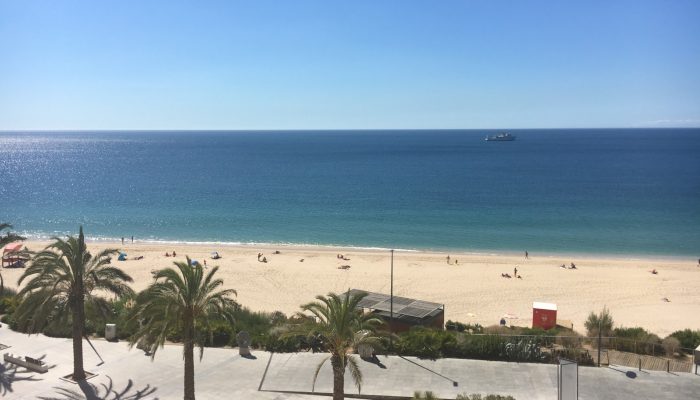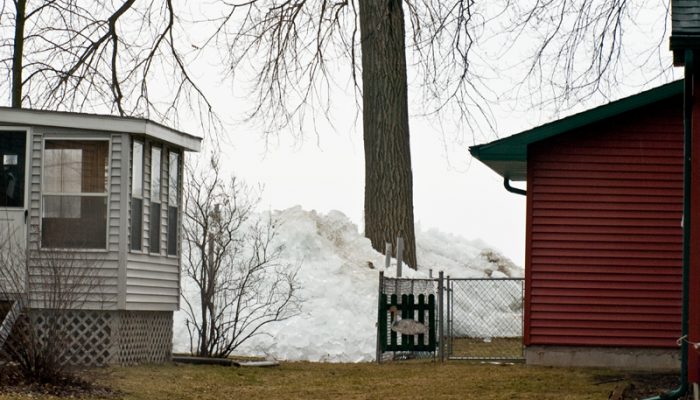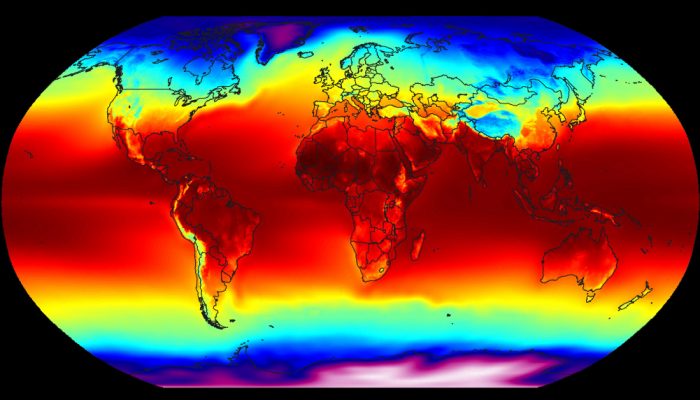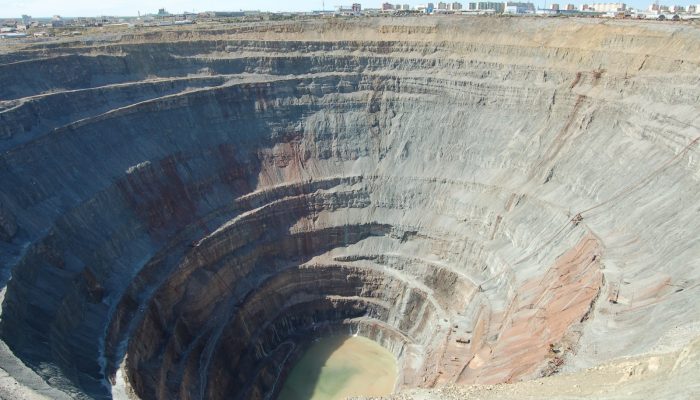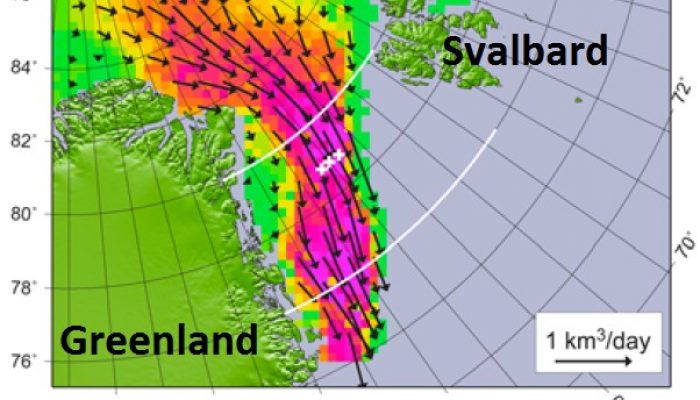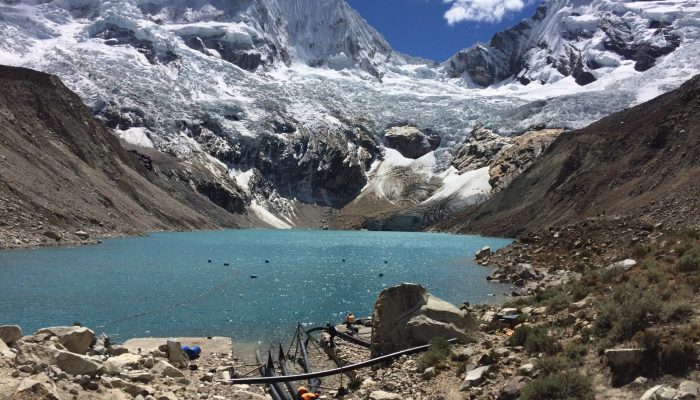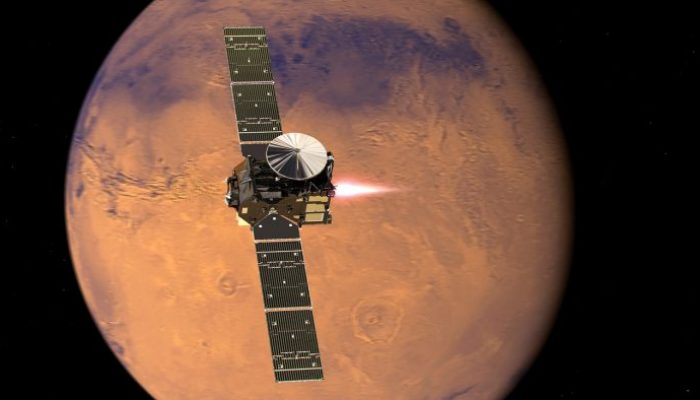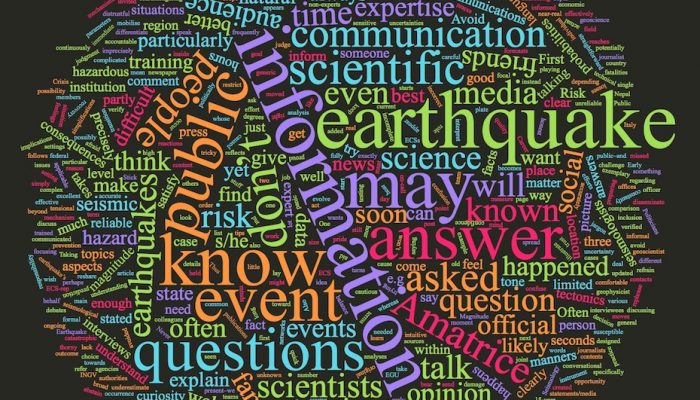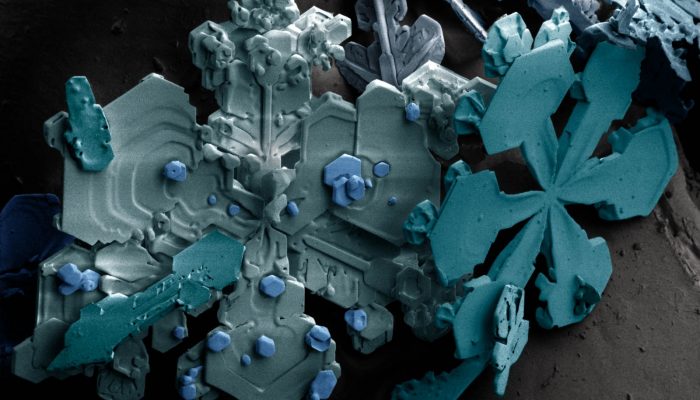The 2nd TIDES training school! About 60 ECSeismologists (42% women, 58% men; 67% PhD students, 33% others) gathered in Sesimbra (Portugal) from 19th to 23th Sep 2016 to be trained on seismic noise, from the physics of noise generation to seismic interferometry. Two of us had the opportunity to attend the school and we are happy to share our experiences in the blog! But first, what is TIDES? Ok, ap ...[Read More]
Cryospheric Sciences
Image of the Week — ice tsunamis !
“Tsunami“ is a word that became world famous after the so-called Christmas tsunami in 2004, when enormous waves hit the shores around the Indian Ocean with disastrous consequences for countries such as Sri Lanka, Thailand, Somalia and many others. But did you know that tsunamis can be icy? An ice tsunami is one of the many names associated with ice shoves (or ivu, shore ice override, i ...[Read More]
Tectonics and Structural Geology
Minds over Methods: Numerical modelling
Minds over Methods is the second category of our T&S blog and is created to give you some more insights in the various research methods used in tectonics and structural geology. As a numerical modeller you might wonder sometimes how analogue modellers scale their models to nature, or maybe you would like to know more about how people use the Earth’s magnetic field to study tectonic processes. ...[Read More]
Energy, Resources and the Environment
The Scorpion and the… Trees: Surface mining (im)practical implications
The Scorpion and the Frog. This old tale, which was first documented by the movie Mr. Arkadin by Orson Welles, reports a scorpion that wants to cross a river… and asks a frog for a ride. Embarking on a lose-lose situation, both the frog and the scorpion are doomed in the tale. Dramatic, this fable severely resembles how humans conduct their quest for resource extraction. Surface mining, a pa ...[Read More]
Cryospheric Sciences
Image of the Week – Satellite Measurements of Arctic Sea Ice
Sea ice is an important part of the Earth’s climate system. When sea ice forms, it releases heat and salt. When sea ice melts, it takes up heat and adds freshwater to the salty ocean water. It is also important for the exchange of energy between the atmosphere and the ocean surface, and for the ocean currents that transport warm and cold water from the equator to the poles and back. The main route ...[Read More]
Cryospheric Sciences
Water Masses “For Dummies”
Polar surface water, circumpolar deep water, dense shelf water, North Atlantic deep water, Antarctic bottom water… These names pop in most discussions about the ice-ocean interaction and how this will change in a warming climate, but what do they refer to? In our second “For Dummies” article, we shall give you a brief introduction to the concept of “water mass”, explain how to differentiate water ...[Read More]
Cryospheric Sciences
Image of the Week – Yes, you’re looking at one of Peru’s most dangerous glacial lakes!
As mountain glaciers melt and recede, they often leave behind large glacial lake that are contained by the glaciers’ old terminal moraines. These glacial lakes are found throughout the world and can pose a significant flood hazard to downstream communities and infrastructure. The image of this week focuses on Lake Palcacocha, a large glacial lake located in Peru’s Cordillera Blanca at an elevation ...[Read More]
Planetary and Solar System Sciences
Upcoming space events!
Normally, September is not people’s favorite month as it goes with the end of the summer holidays, the beginning of the academic year and that of autumn. Not much to be happy about. Thankfully, space and planetary science is here to help you overcome this difficult period with lots of exciting events. Fly me to Bennu Asteroïds and comets were formed at the same time as the other planets, at the be ...[Read More]
Seismology
Science communication after disasters
When events such as the Aug 28 2016 Amatrice earthquake occur, we seismologists are asked to answer scientific questions and to give an immediate judgment of the situation. Such questions may be asked by media officers during formal interviews or by friends and family members in person or even on the social networks in informal settings (sometimes only a few seconds after the earthquake’s occurren ...[Read More]
Cryospheric Sciences
Image of the Week – The Journey of a Snowflake
You remember last winter, when everything was white and you had so much fun building a snowman with your friends? What you see on this image above, is what you would see, if you took a tiny tiny piece of your snowman and put it under a low-temperature scanning electron microscope (SEM). The colours are called “pseudo colours”, they are computer generated based on the number of electron ...[Read More]

